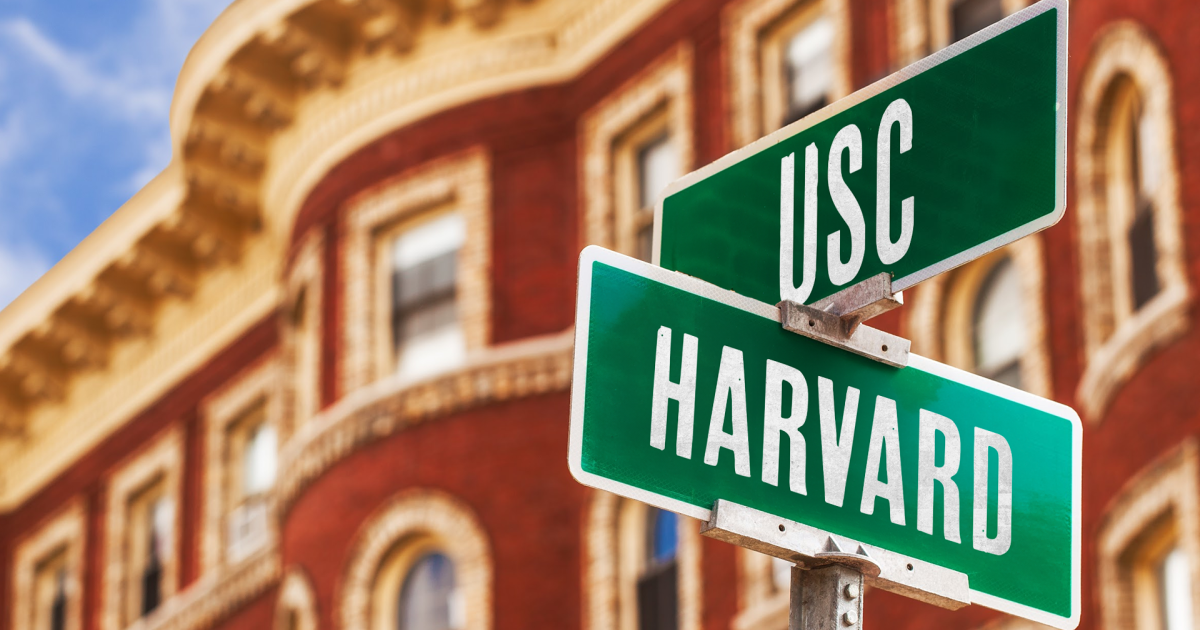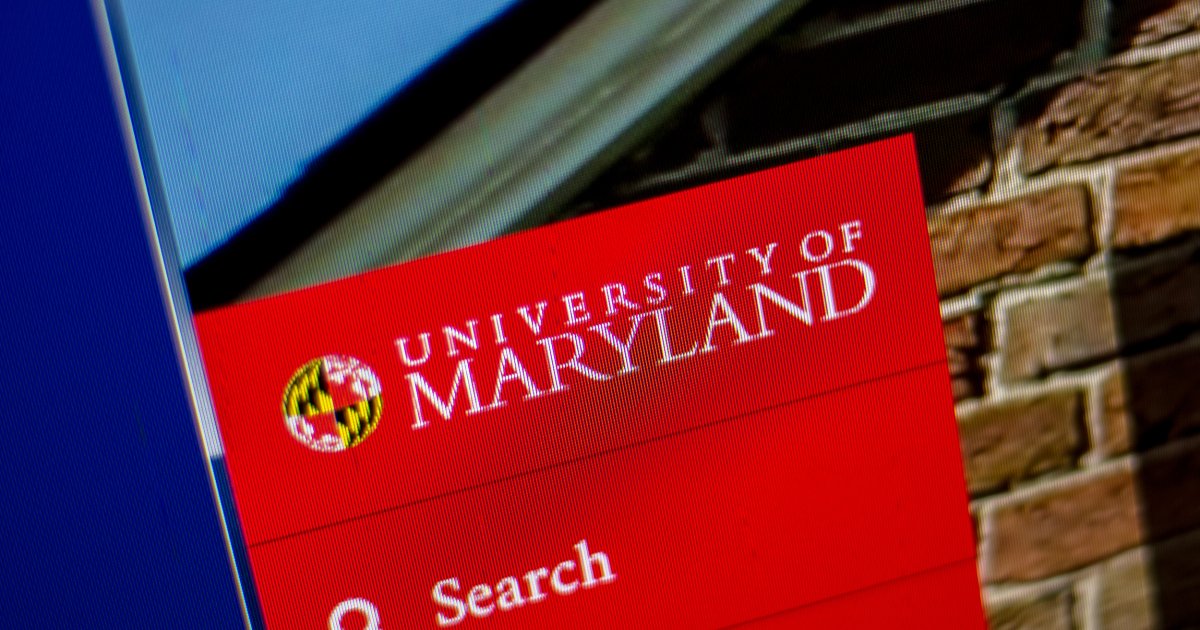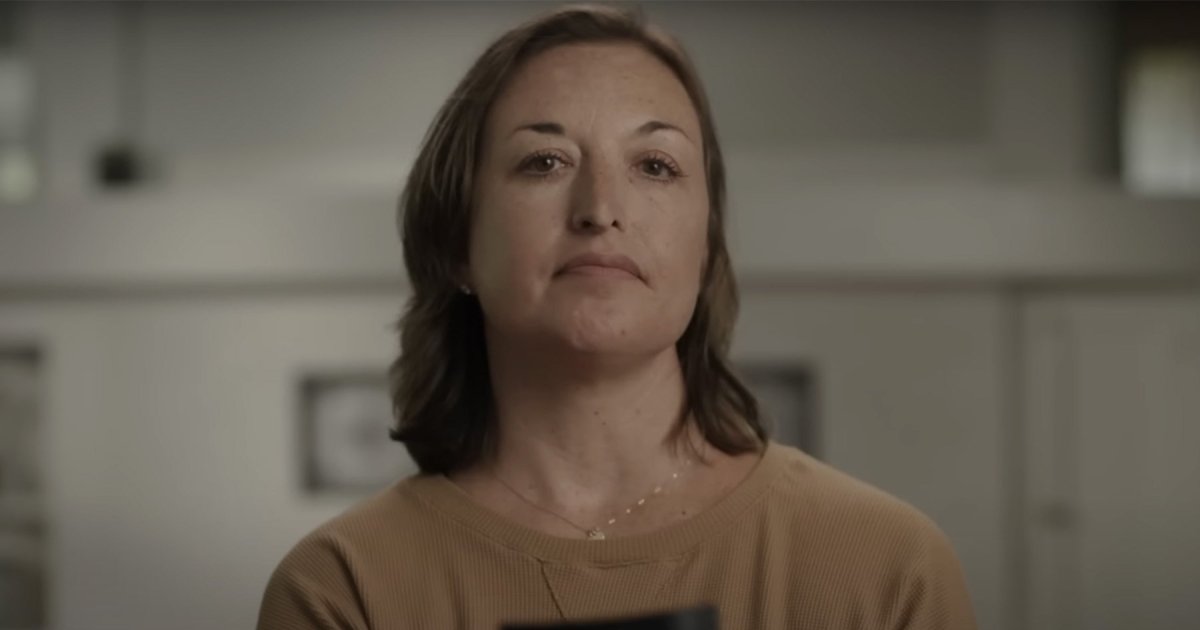On the positive side for both: USC adopted a position on free speech and expression modeled after the “Chicago Statement,” and Harvard adopted a position of institutional neutrality. Internal groups at Harvard, such as the Council on Academic Freedom, have also done yeoman’s work advocating for free expression.
But from there, it’s not difficult to see how the leaders of Harvard and USC took completely different approaches to dealing with speech issues. USC revised its problematic “yellow light” speech codes, whereas Harvard did not. USC students got the message: those we surveyed now report greater comfort discussing controversial ideas and have greater confidence in their administration to defend expression on campus. Harvard made no such revisions, and its students are among the least comfortable expressing their views on controversial topics, with justifiably low confidence that administrators will stick to the school’s expressive promises.
USC joins the ranks of other venerable institutions, such as the University of Chicago, in its commitment to free expression and in modeling how to create a positive campus climate for discourse.
If one thing is certain, it’s not a matter of if another controversy will emerge on American college campuses, but when. USC was tested recently when a student group’s planned comedy roast of Vice President Kamala Harris prompted widespread outrage. Many pressured USC to cancel the event. While the USC student government initially denied the event funding, it reversed course after receiving a letter from FIRE. And USC’s administration defended free speech as well, standing firm behind its new policies and positions.
Though data for our student survey was collected prior to the comedy roast, students at USC appear to be taking notice that the school had made changes. In fact, two-thirds of the improvement in USC’s free speech ranking from the past year is due to students reporting a better speech climate on campus. It’s a new era for free expression at USC.
Harvard, on the other hand, has experienced 13 notable free speech controversies since the summer of 2023 — and in all 13 it responded poorly.
Sunlight is the best disinfectant both when it comes to speech we dislike and when it comes to holding institutions accountable for how they deal with speech. Instead of giving schools a pass when they respond poorly to speech controversies, we must challenge them to change by using data to shine a light on what’s happening on campus. In the long run, this will contribute to improving the speech climate at these institutions. That is, unless the institutions double down.
Because of its prestige, Harvard attracts more attention and scrutiny, and thus more controversy, than most other schools. If anything, this means that Harvard has a great responsibility to set an example when it comes to free expression, instead of continuing to subject its students to an environment of fear and mistrust. USC shows that this can be done.
USC joins the ranks of other venerable institutions, such as the University of Chicago, in its commitment to free expression and in modeling how to create a positive campus climate for discourse. We hope Harvard will change course and be counted among those ranks one day.
As we have with many other schools in the past, FIRE stands willing to help Harvard or any institution that wants to improve its speech policies and climate.
#tale #universities #South #Carolina #soared #Harvard #didnt #FIREs #free #speech #rankings










